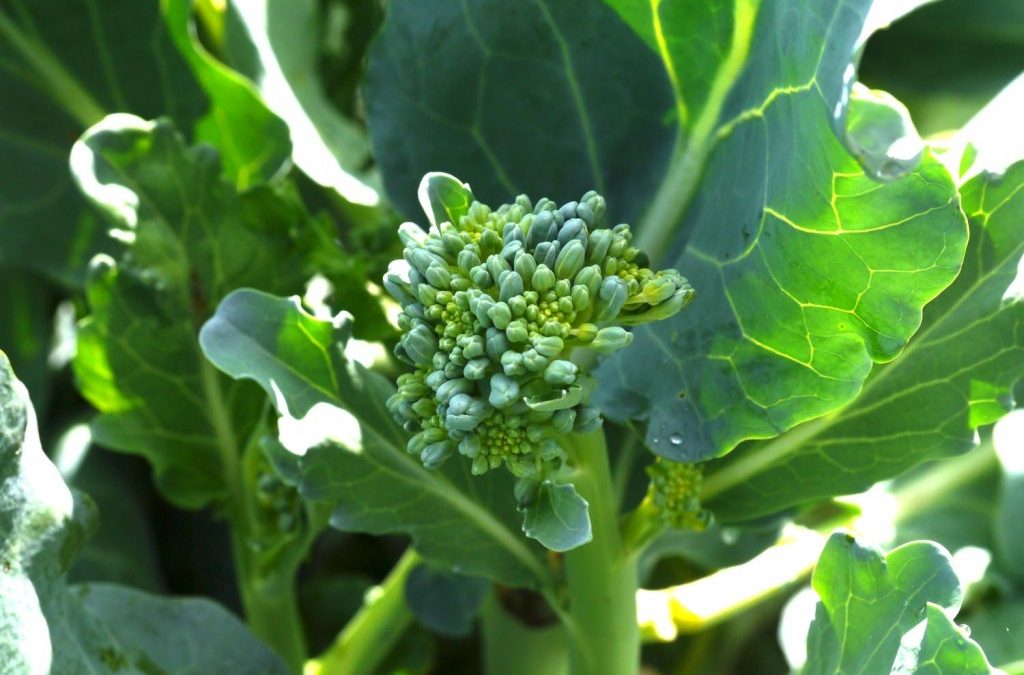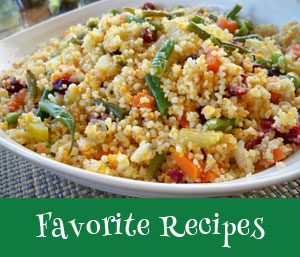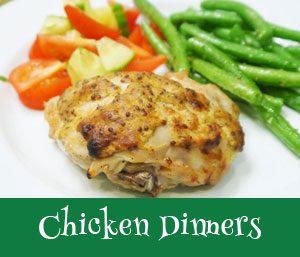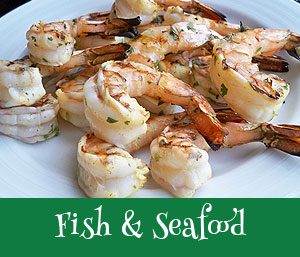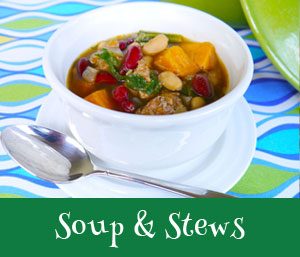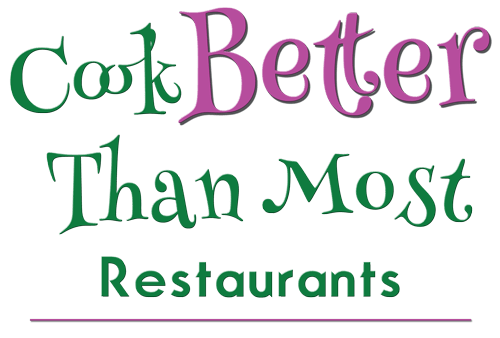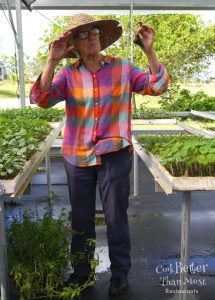 Living 8 miles from “town” is really not that far, and you do get some incredibly cool neighbors. We are about 2 miles as the crow flies from Kai Kai vegetable farm. Kai Kai Farm is a sustainable forty acre farm and event venue that besides growing glorious produce sought after by south Florida’s top chefs hosts everything from farm diners to drum circles. When I say their vegetables are some of the best around I am not kidding, a few local restaurants have even been caught using the farm’s name on menus without buying product from the farm, it was a veggie scandal! This week with winter season fast approaching the farm hosted a mid-morning tour, my husband and I decided to join. The tour was led by one of the farm owner’s Diane Cordeau, her knowledge of all things vegetable, soil and bugs is encyclopedic. And so it should be she worked in a university entomology lab and had an apprenticeship at Green Cay Produce in Boynton Beach, FL before she and her husband Carl Frost took on the challenge of their farm.
Living 8 miles from “town” is really not that far, and you do get some incredibly cool neighbors. We are about 2 miles as the crow flies from Kai Kai vegetable farm. Kai Kai Farm is a sustainable forty acre farm and event venue that besides growing glorious produce sought after by south Florida’s top chefs hosts everything from farm diners to drum circles. When I say their vegetables are some of the best around I am not kidding, a few local restaurants have even been caught using the farm’s name on menus without buying product from the farm, it was a veggie scandal! This week with winter season fast approaching the farm hosted a mid-morning tour, my husband and I decided to join. The tour was led by one of the farm owner’s Diane Cordeau, her knowledge of all things vegetable, soil and bugs is encyclopedic. And so it should be she worked in a university entomology lab and had an apprenticeship at Green Cay Produce in Boynton Beach, FL before she and her husband Carl Frost took on the challenge of their farm.
Arriving at the farm you first notice the towering eucalyptus trees that ring the farm creating both wind breaks and shade. I can tell you here at our place we totally understand the need for both and can’t wait for our baby rainbow eucalyptus trees to grow. Everyone going on the tour gathers in a little gazebo near the farm’s open air dining room, which can seat about 100 people. From the moment you arrive Diane is talking to everyone, she is excited to tell you about the practices on the farm, and her friendly attitude makes everyone feel welcome.
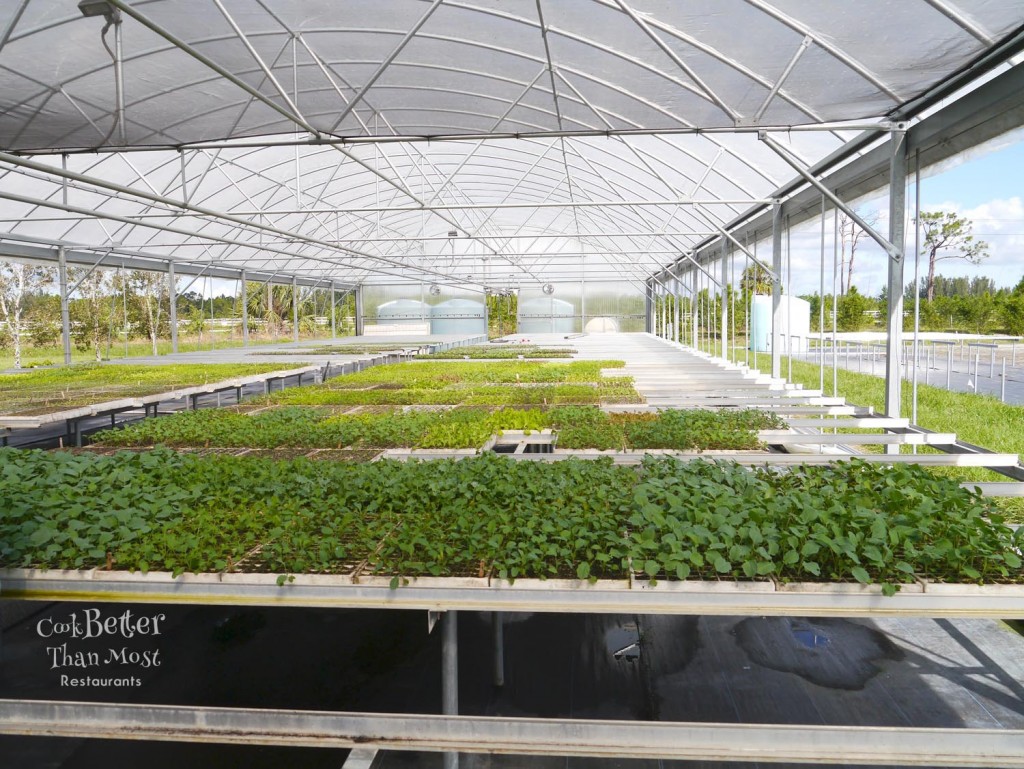
Walking from the meeting spot you pass through the seed house where the seeds are put into trays for germination, none of Kai Kai’s seeds are started in the ground, because of pests and massive rains storms in Florida this is the best way to grow here. Nearby is the area where veggies are readied for sale, and the farm’s salad spinner/dryer that is the size of an oil drum is worth a look. Most of these out buildings are in repurposed shipping containers, a good choice in hurricane prone south Florida. Makes me think we could find a use for a container at our place, not sure why but after watching all those tiny house shows I am thinking guest house!
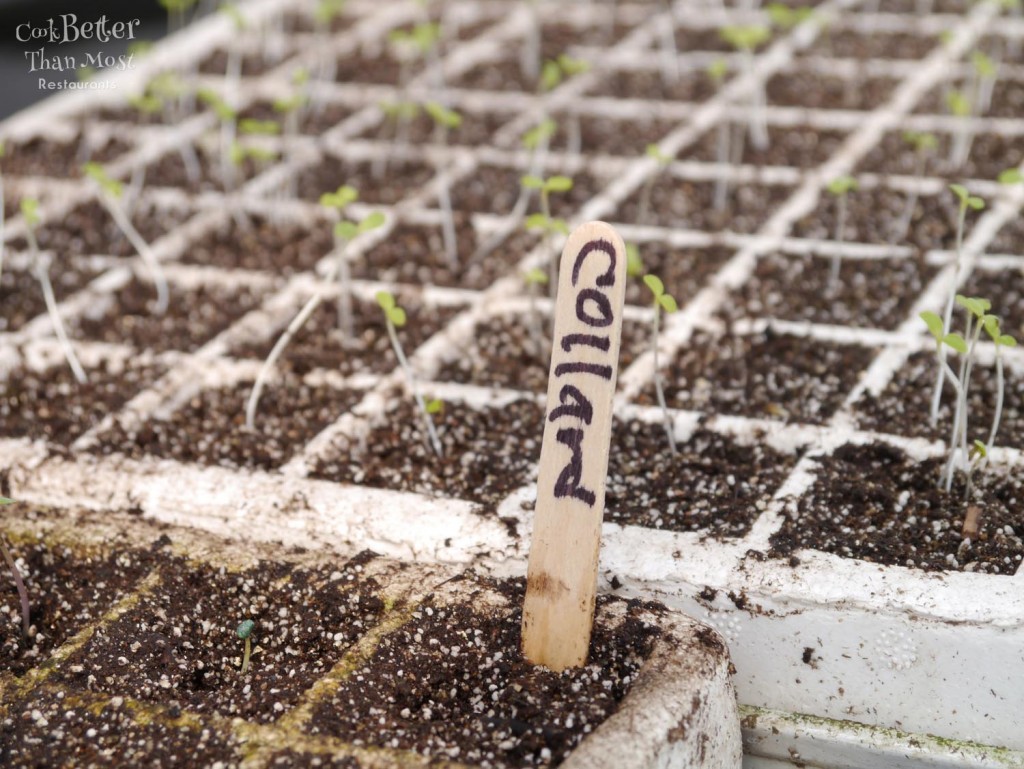
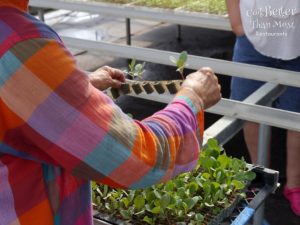 From here the tour roughly follows the growth cycle of Diane’s veggies. First we visited the small shade house where trays of baby plants are growing protected from the wind and strong Florida sun. Today there were trays of greens like arugula and collards as well as their signature Happy Rich mini broccoli and much more. Diane also showed us a paper pot system that allows seedlings to germinate in pots connected on a single ribbon that is fed through a machine for planting to decrease labor. She said her farm was having good luck experimenting with this technology which is popular in California.
From here the tour roughly follows the growth cycle of Diane’s veggies. First we visited the small shade house where trays of baby plants are growing protected from the wind and strong Florida sun. Today there were trays of greens like arugula and collards as well as their signature Happy Rich mini broccoli and much more. Diane also showed us a paper pot system that allows seedlings to germinate in pots connected on a single ribbon that is fed through a machine for planting to decrease labor. She said her farm was having good luck experimenting with this technology which is popular in California.
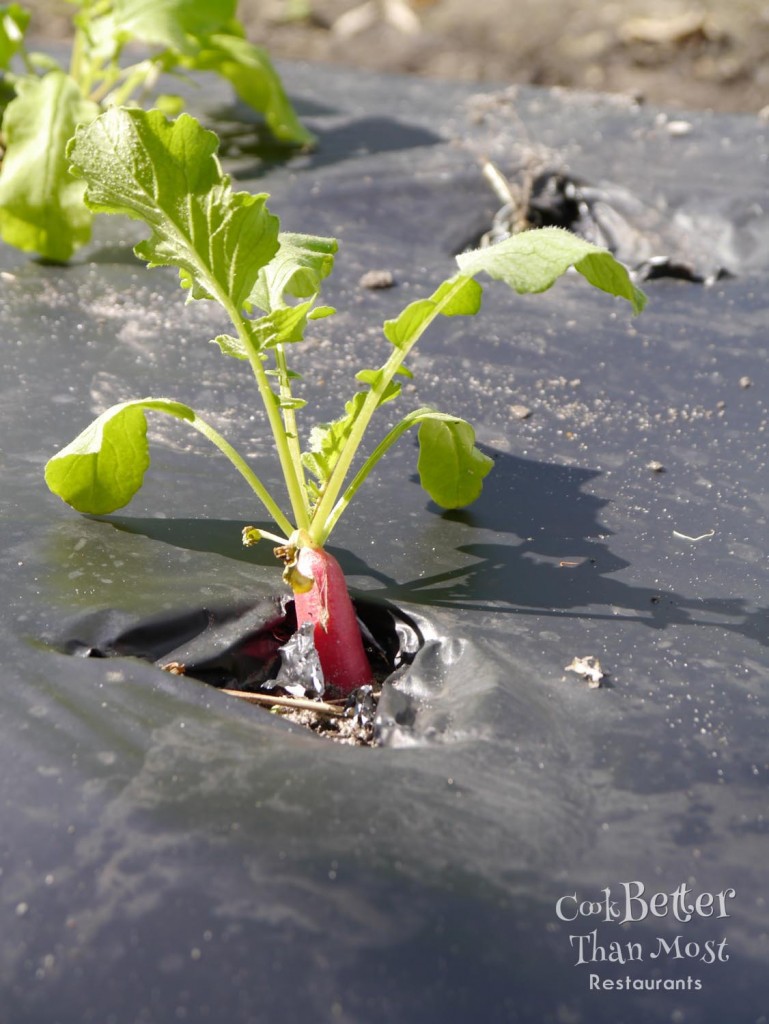
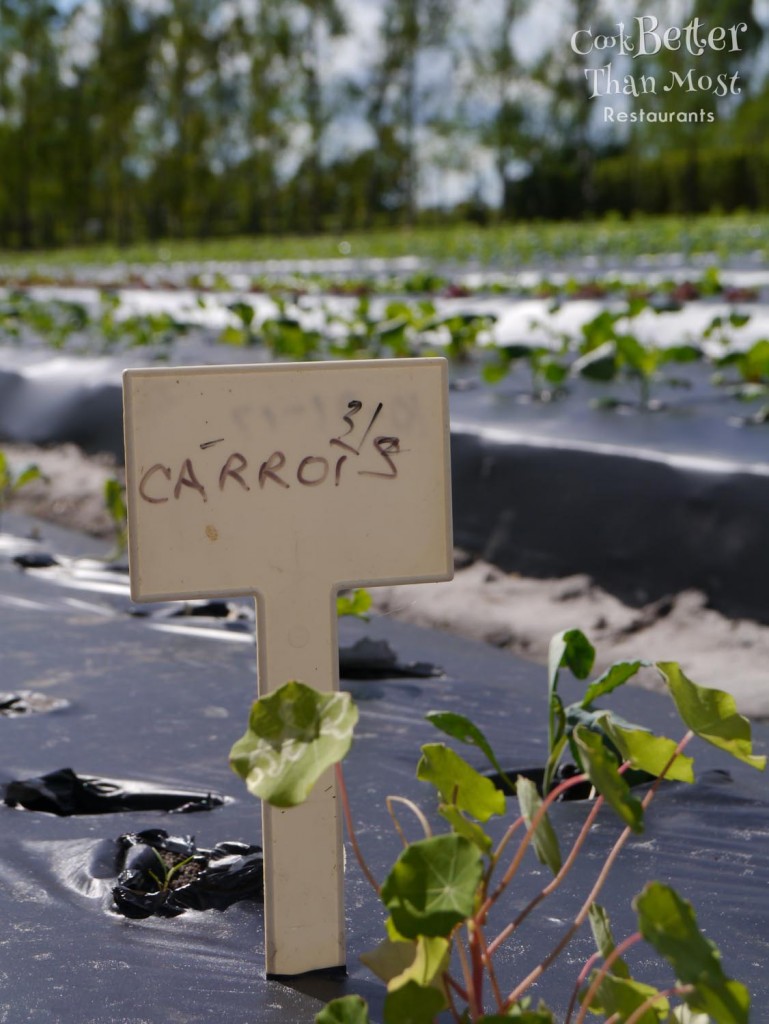
Next the tour moves out into the fields this farm is unlike anything I had ever been to before, it’s an astonishing mix of order and chaos. Vining Calabaza squash plants trellis up the side of the farms second one-acre shade house that holds careful containerized veggies and neat rows of plants with roots covered in plastic. This is not Old MacDonald’s farm with neat rows of homogeneous veggies, here a single row has two or three different plants together, and all for a reason. Sun hardy plants are used to provide shade for tender leafy greens, beans are planted to return nitrogen to a bed that last year had strawberries; onion is planted near the tomatoes to help ward off pests.
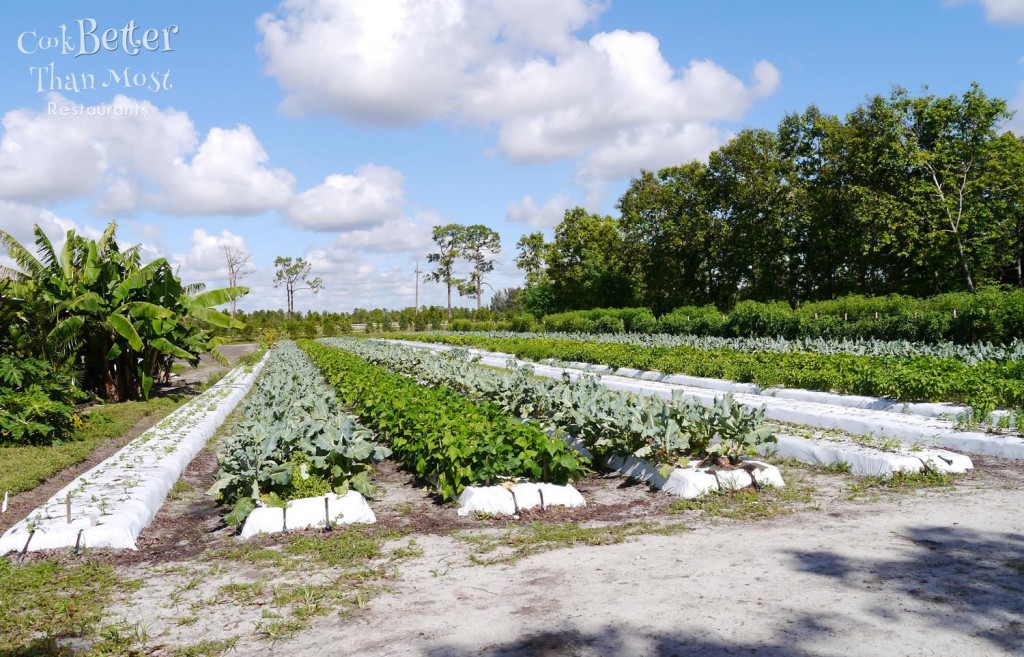
In the beds that are on the ground the soil is mounded up then covered with plastic to protect the roots and retain moisture. This time of year Kai Kai Farm is changing the white plastic used with summer crops to reflect heat for black plastic that can help keep winter crops warm. They plant their much prized heirloom tomatoes with reflective silver plastic to help keep white fly at bay. The white fly is a pest in Florida that can decimate trees and shrubs overnight, so anything that can deter the ravenous beasts is a good idea. The wildlife like deer and raccoons also give Kai Kai problems, Diane tells us she has pretty much given up on growing corn because of them. Which is a shame as Florida winter sweet corn is wonderful and my family is always on the lookout for a good source of farm fresh Florida corn.
The farm is not certified organic for a number of reasons that Diane explained first the additional cost is not worth it to her customers, and secondly in Florida we never have a hard freeze and the quantity of weeds and pests because of the warmer temperatures make pure organic almost impossible for a small artisanal grower like her. The farm uses best practices and focuses instead on sustainability and product quality. How good will your certified organic radish really taste if it had to come all the way from California? (See video below) This is what farm to table and supporting local small growers is about, getting the taste that is fresh from the field. The nibble of the Happy Rich mini broccoli she shared with us right off the plant was so different then that rubbery stuff we all buy at the grocery store.
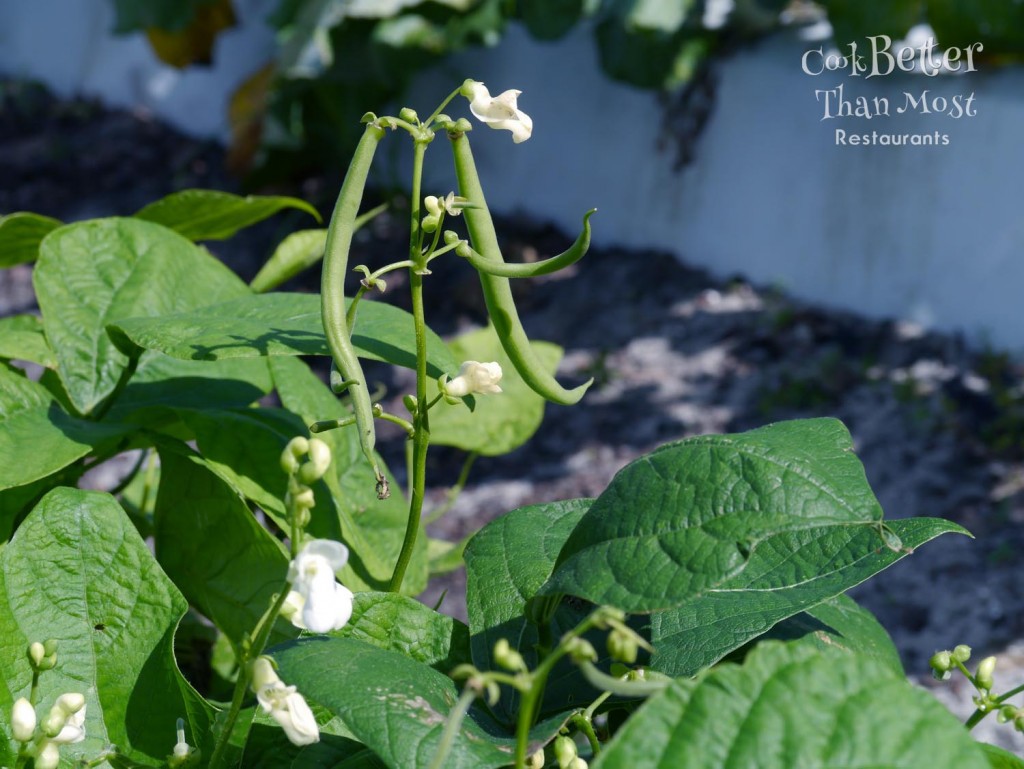
After the tour we hung back and introduced ourselves to Diane as a neighbor, she was thrilled and as we chatted a bit with her about Scott’s newest plan to try his hand at growing pineapples. She also was quick to volunteer to help us with some advice on drainage, fertilizer and told us to call her husband this week for names of the environmental engineers they have used in the past. When we told her about our Florida cracker cattle that we are raising and grass finishing, I could see her thinking it might be a great addition to a farm dinner someday, and I would love to figure out how to make that happen!
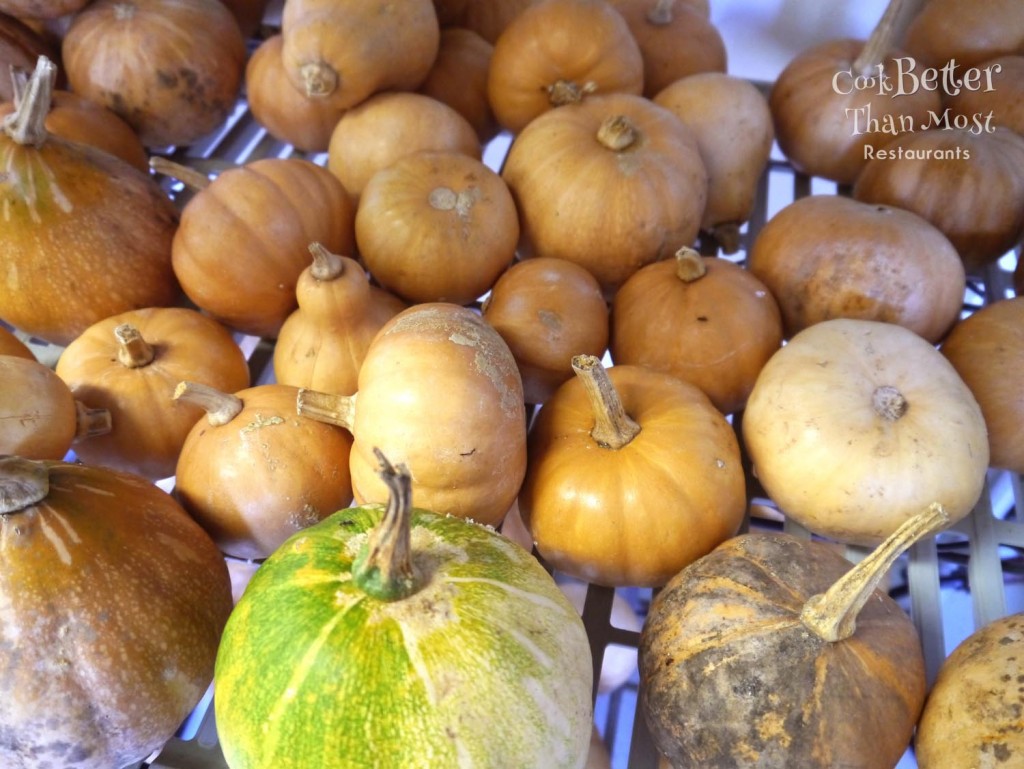
I am excited to have such a nice neighbor growing such wonderful produce. I left the tour with a bag of their Happy Rich mini broccoli, sautéed quickly with a bit of garlic and finished simple with salt, pepper and lemon it was perfect side with a steak for dinner that night. The Happy Rich is so sweet and bright, I really might have to get my act together and try growing some this winter at our farm. Diane assured us she can grow it from early fall all the way to May and that is pretty remarkable in Florida. I know we will be back a Kai Kai Farm this winter for at least one of their chef’s dinners, we went last year and enjoyed every bite! Visit their website for more info on the farm, its products and events.

